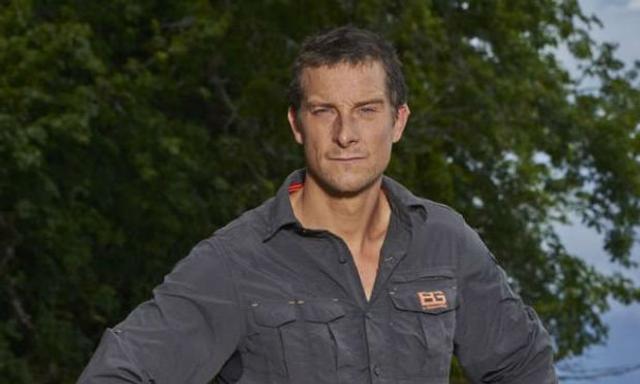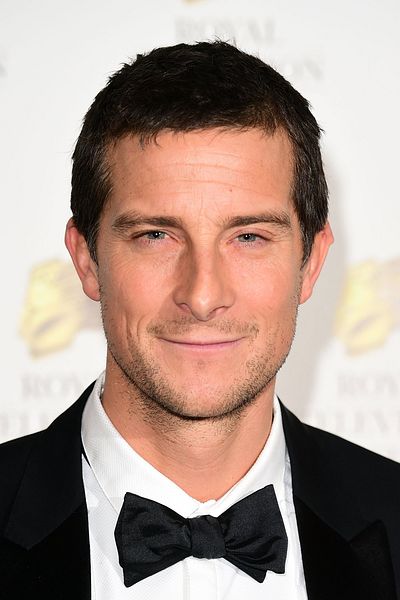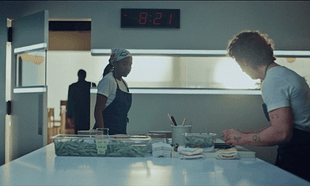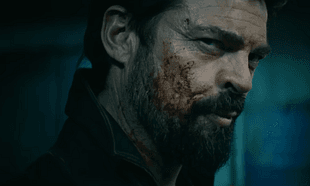The Island, it seems, is a difficult place. Set somewhere in the middle of the Pacific and filmed almost entirely by its cast, Bears Grylls latest crossover between reality TV and survival maroons ‘ordinary’ people amongst jungles, snakes, sting rays and – seemingly most difficult of all – each other.
When the first version of The Island ran in 2014, it dragged in a sizeable audience. It also faced fierce criticism, not least for featuring only men, shipping in a pre-arrival water supply and some non-native crocodiles (the latter for an added-drama food supply), and those on-screen enemas.
The second series – an island ‘double header’ briefly featuring a full cast of 28 divided by gender – brings with it its own entertaining issues. These range from the predictable (getting lost, dehydration and sitting around in torrential thunderstorms under shelters made from badly arranged leaves) to the under-hyped social aspect, which essentially revolves around constant bickering interspersed with some half-hearted offers of support.
.jpg)
Grylls, who’s also known for the slightly exaggerated and omitting ‘realities’ of his more regular Born Survivor and Man vs. Wild offerings, plays a lesser role in this series, simply overlaying the episodes with near-comically obvious interludes about his contestants being ‘all alone’ and ‘needing to work together to survive’. Neither of these things – health and safety, lads - is strictly true.
In the jungle, where the real action takes place, there’s a world of unintended comedy to be found.
On the women’s island, Fi, who flippantly admits to being “a bit of a Hitler”, leads half the group on three days’ worth of ludicrous circular walks around the inner foliage of the tiny island, each loop adding to the hilarity as she lands them again and again on the same coconut-strewn beach. Eventually the other half of the group, having waited two debilitating days for their friends’ return, simply stroll round the coast and bump into them.
Episode two ends with the group finally reunited, down two members who have already opted out, but with a third bravely hanging on after passing out and requiring medical treatment. The women seem as uneducated on survival (and indeed general common sense) as the show’s ‘normal people’ tag line suggests, but they are- largely – tenacious and hardy. The regular references to looks and mangled beauty ideals - all missing from the men’s version, of course - might owe something to the content of the contestants’ own conversations, but the gender clichés sit oddly against the harsh environment and vocal flatulence of one castaway.
.jpg)
The women are shown comparing wrinkly hands, having a seemingly lengthy chat instead of finding somewhere safe to camp, and regularly talking about body aesthetics. The men’s brazen failure to bond as a team and lack of group planning instead takes the forefront, with every loutish confrontation given ample airtime.
While the men’s initial set up is more efficient, they quickly descend into inner turmoil, largely based around macho in-fighting. Their incredibly domineering early leader Paul initially proves effective, but goes on to have a toddler-brand tantrum, and leaves the island in a huff because he can’t get on with a stubborn, struggling elderly castaway. The same older gentleman seems to be under the impression he’s on a trip to a Spanish resort (and indeed sites his trips to Spain and America as slightly comic evidence of ‘worldliness’). He quickly marks a third male departure after only a few days, despite another islander going to the extreme of building him his own luxury raised bed.
Given its past “selective editing” when it comes to the true state of the island and the skills of those on it (two of the series one contestants were later shown to have worked with Grylls before), the actual training given to survivors before departure does seem nominal. They’re only borderline competent at best, and what is apparent is that for all the health and safety discussion that must have taken place before things kicked off, there is genuine danger.
.jpg)
Coupled with the strange misunderstanding of the stresses they were to face, and the dreadful, hunger and dehydration-induced mistakes they make so consistently, The Island is extremely entertaining TV, and certainly tops the likes of Survivor for authenticity.
Still, as much as it pretends to be about survival, for viewers, The Island is about something else. It’s about watching supposedly trained adults naively go fishing off a cliff in the dark whilst heavily dehydrated, and end up taking a dangerous plunge. It’s about an entire group not having the collective brain power to find a beach by following a coastline. Above all, it’s about a vicarious glance at how spectacularly disconnected we are from nature in the twenty-first century.
Even armed with doctors, builders, self-proclaimed forestry experts and the odd handy web designer, The Island suggests more than 1 in 6 of us won’t last – or simply can’t be bothered to last – more than five days in the wild, even when we’re there voluntarily. Having flown half a planet away, we don’t like getting wet, especially at night. We can’t cope without speaking to our families. We might even call a rescue boat so we can have a margarita pizza. So much for survival.

Words by James Hendicott.
(You can catch The Island with Bear Grylls every Wednesday and Thursday at 9pm on Channel 4.)




















































































